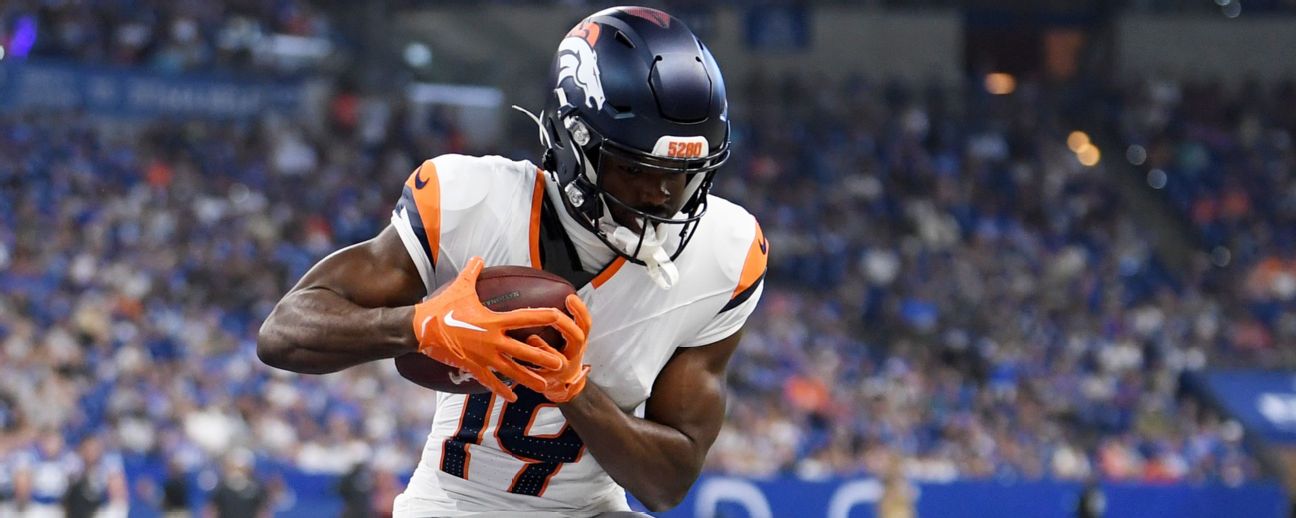
The boxing world is embroiled in a heated debate over the proposed Muhammad Ali Boxing Revival Act, an update to the landmark 2000 Muhammad Ali Boxing Reform Act. While the bill aims to modernize the sport’s infrastructure by reducing the power of fragmented sanctioning bodies, introducing a national minimum pay, and enhancing injury coverage thresholds, critics argue that the revisions could shift the balance of power toward promoters at the expense of fighters.
One of the most vocal opponents of the new bill is Nico Ali Walsh, the undefeated middleweight boxer and grandson of the legendary Muhammad Ali. Nico, who is in the early stages of his own boxing career, took to social media to oppose the proposed changes, emphasizing his commitment to protecting the rights of fighters.
Nico Ali Walsh: Standing Up for Fighters’ Rights
In a passionate statement on X (formerly Twitter), Nico expressed his strong opposition to the new act, stating: “As an Ali, I’m completely against altering the Muhammad Ali Act. My grandfather fought for it to protect fighters from getting screwed over. Remove it, and promoters take control while fighters get paid less. Keep the act and protect the fighters who put their lives on the line.”
Nico’s stance has created a divide within the Ali family, as his step-grandmother, Lonnie Ali, has supported the new bill. Lonnie, the widow of Muhammad Ali and co-founder of the Muhammad Ali Center, sees the proposed changes as a necessary evolution for boxing. “If Muhammad was with us today, he would want to ensure the sport of boxing in America remained strong and viable for generations to come, providing opportunities for other athletes to pursue their goals and dreams, just like he did,” she said in a press release endorsing the Revival Act.
The Boxing Revival Act: What’s at Stake?
The Muhammad Ali Boxing Revival Act, which has garnered support from major entities like TKO Group (the parent company of UFC and WWE) and bipartisan lawmakers, proposes several key reforms to boxing’s structure. It introduces the creation of Unified Boxing Organizations (UBOs), which would implement parallel rankings and titles, along with stricter medical regulations, such as mandatory brain imaging and injury coverage of $25,000.
Despite these protective measures, critics like Nico argue that the Revival Act could create monopolistic conditions, putting too much power in the hands of promoters and leaving fighters vulnerable. The bill’s proximity to UFC’s combat-sports expansion, including UFC’s $7.7 billion deal with Paramount+ and its push into boxing with Saudi-backed investments, raises questions about the long-term influence of promoters over the sport.
The Muhammad Ali Expansion Act: Nico’s Alternative Vision
While opposing the Revival Act, Nico has expressed support for the Muhammad Ali Expansion Act, a 2017 amendment to the original 2000 law. This amendment aims to extend fighter protections to mixed martial arts (MMA) and other combat sports, focusing on fighter safety, fair compensation, and transparency. Nico, who has been vocal about the need for broader protections for fighters across all combat sports, has even signed a petition to rally support for the expansion act.
“The Ali Expansion Act is about extending the fight for fairness across combat sports, not just boxing,” Nico wrote in a thread supporting the petition. “MMA fighters face similar challenges and need the same protections.”
A Family Divided: The Fate of Boxing's Future
The proposed changes come at a pivotal moment for boxing, with the sport experiencing major shifts—such as the end of Top Rank’s partnership with ESPN and boxing’s growing migration from broadcast television to streaming platforms. Nico, who is signed with Top Rank, could see his own career directly affected by the Revival Act, raising concerns about the bill’s impact on young boxers like him.
With the bill currently pending approval in the House of Representatives, the divide within the Ali family represents the broader conflict within the boxing community. While some view the bill as an essential modernization of the sport, others fear it could undermine the very principles Muhammad Ali fought for: fairness and fighter protections. Both sides are firmly convinced that they understand what Muhammad Ali would have wanted for the future of boxing if he were alive today.
The Future of Boxing: Fairness or Control?
Whether the Muhammad Ali Boxing Revival Act ultimately passes or collapses under scrutiny, its outcome will have a profound impact on the future of boxing. The fate of this bill will shape the sport’s landscape and determine if it continues to honor Ali’s fight for fairness or bends the rules in favor of promoters and larger commercial interests
-1752271773-q80.webp)

